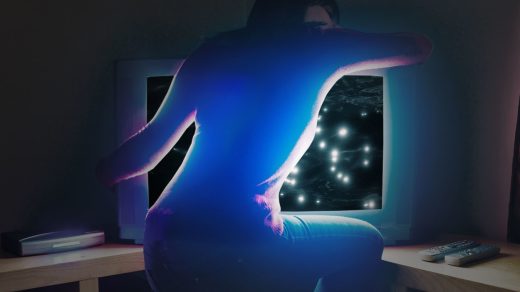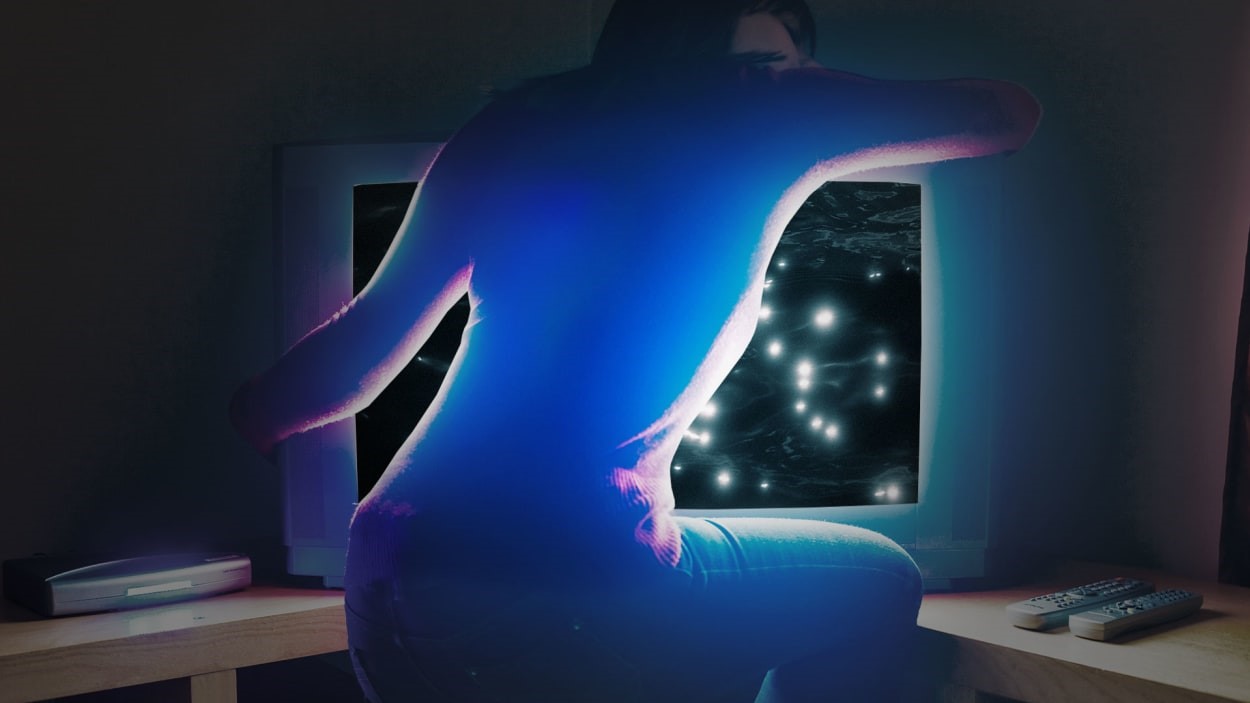Cognitive scientists may have discovered a link between ‘Game of Thrones’ and the loneliness epidemic
By Sarah Bregel
According to new research, the lonelier people are, the more connected they may feel to fictional characters. That much is true, at least, when it comes to lonely Game of Thrones fans.
Researchers conducted a study by scanning the brains of participants who had all taken a test that measured how lonely they were or were not. The participants also identified as fans of the hit HBO series Game of Thrones. During their brain scans, they were instructed to think about the show’s characters and then about their real-life friends.
It was found that the lonelier participants were, the more similar the results of their scans were for both portions of the study. “There were clear boundaries between where real and fictional characters were represented in the brains of the least lonely participant in our study,” Dylan Wagner, associate professor of psychology at Ohio State University and a coauthor of the study, said in a statement. “But the boundaries between real and some fictional people were nearly nonexistent for the loneliest participant.”
The authors concluded that the scans showed that lonely people may think similarly about fictional characters as they do about their friends. That was not found to be true in participants who were not lonely.
In particular, the researchers looked at the medial prefrontal cortex—the area of the brain that is activated when thinking about oneself or others—while showing participants images of either a real-life friend, or a character on Game of Thrones. For lonely people, the neural activity looked strikingly similar no matter which image they were shown, hinting that the participant might feel as though the character were really quite real.
TV characters can certainly impact the way we think about life and our experiences. And shows we come to follow closely can sometimes feel real, or even true-to-life. But the idea that people are so lonely that fictional characters elicit the same brain responses in them as their friends, suggests that loneliness plays a role so large in the lives of some that they need characters to fill in the gaps that people do not.
When friendships are lacking, the brain blurs the lines between not what—but who—is real. And in a national loneliness epidemic, there may be a lot of people who increasingly feel like fiction isn’t just for entertainment’s sake, but for friendship’s sake, too.
(11)



